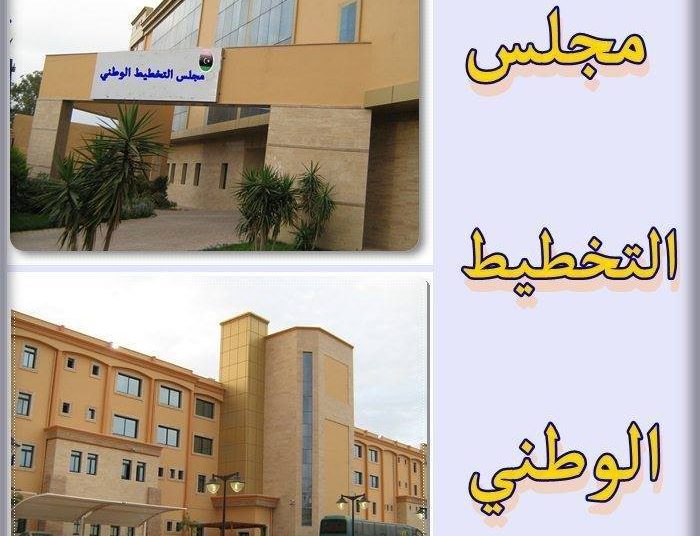The National Planning Council, affiliated to Parliament and not the government, held at its Tripoli headquarters last Wednesday an expanded meeting on the comprehensive development programme 2040 in the presence of the Chairman of the Council, Ahmed Khalifa Braidan, the representatives of the Ministries of Health, Education, Labour, and Industry, the heads of the planning councils in the regions, and representatives of government sectors.
2040 Vision reviewed
During the meeting, the most important pillars of Libya’s 2040 Vision were reviewed by members of the Council’s Advisory Board in the education, health, tourism, culture, economic strategies, societal issues, and reconstruction and development sectors in Libya.
Several plans within the long-term vision
In an exclusive interview with the Libya Herald, the Senior Advisor to the National Planning Council, Salah al-Din Abdel Qader Boughrara, said that Libya’s 2040 Vision revolves around the preparation of development plans prepared by a number of experts and specialists from all over Libya. It is a long-term development plan to achieve sustainable development in Libya by the year 2040, which is divided into a plan. The urgent plan is 2024/2025, and a more comprehensive plan is from 2024 until the goal year of 2030, which is the year for which the United Nations has set 17 development goals and the most comprehensive development plan, which is according to Libya’s 2040 vision.
Improve the quality of life for citizens
Boughrara stressed that the goal of Libya Vision 2040 is to promote economic, social and environmental development in the country, and improve the quality of life for citizens. The vision includes measures and programmes to achieve economic well-being, enhance education, health and scientific research, and develop various economic sectors such as oil, gas, tourism, agriculture and industry. In addition to strengthening the principles of governance and devoting the principles of democracy and human rights in the country.
Parliament needs to convert Planning Council’s recommendations to legislation
Regarding the extent of the realistic and mandatory implementation of the vision by the government and its executive agencies, Boughrara said, “In order for the development plans based on the General Vision 2040 to be mandatory, the House of Representatives needs to issue legislation regarding it and issue decisions containing strategies for developing sectors. Therefore, there is communication between the National Planning Council and the specific committees in Parliament. The completion of the development of all strategies will be completely referred to the House of Representatives for approval, and it is likely that they will be ready next January with regard to the urgent development plan for the years 2024 and 2025, while the sectoral strategy committees in the National Planning Council will work on completing the entire development plan according to Libya’s Vision 2040.
Role for private sector
Boughrara pointed out the involvement of the private sector in implementing development plans according to the vision, as well as strengthening the state’s role in amending economic and financial laws, supporting administrative competencies and research institutions, privatization programmes, income distribution, economic justice, human security, environmental policies, developing health services and digital education, and raising the scientific research budget. And education for all.
It is worth noting that brief presentations were made on long-term national strategies in the sectors of education, health, economy, and renewable energy. A working paper was also presented on the most important living priorities that concern citizens and officials. This presentation was based on an opinion poll that addressed the most important societal issues, prepared by the National Social and Economic Development Board (NESDB). The NESDB cooperates with the National Planning Council in preparing some development programme plans.










